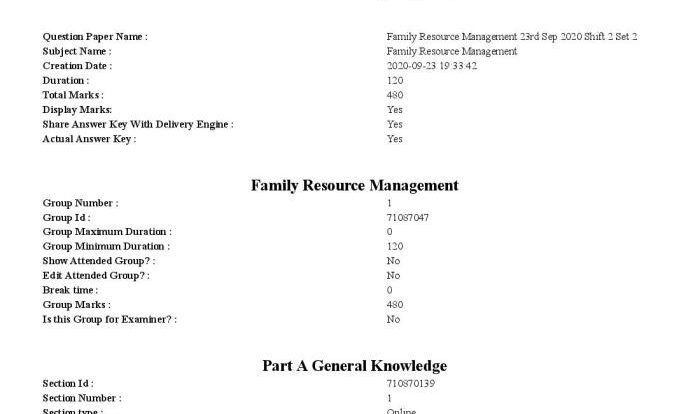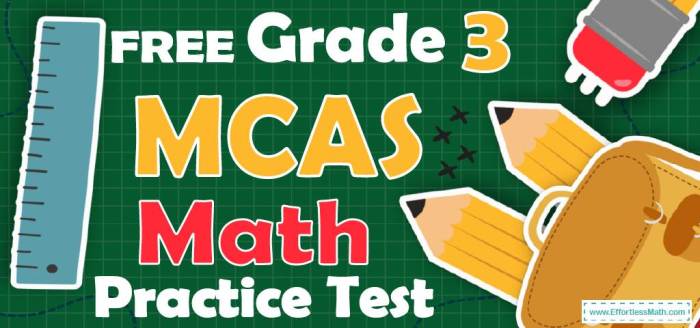Introducing CPM Answer Key Course 3, your ultimate companion for academic excellence. This course offers a comprehensive roadmap to guide you through the intricacies of the curriculum, ensuring your success every step of the way.
Delve into the fundamental concepts and principles that underpin Course 3, and discover how they translate into practical applications in the real world. With a focus on assessment and evaluation, you’ll gain insights into the methods used to measure your understanding and progress.
Course Overview
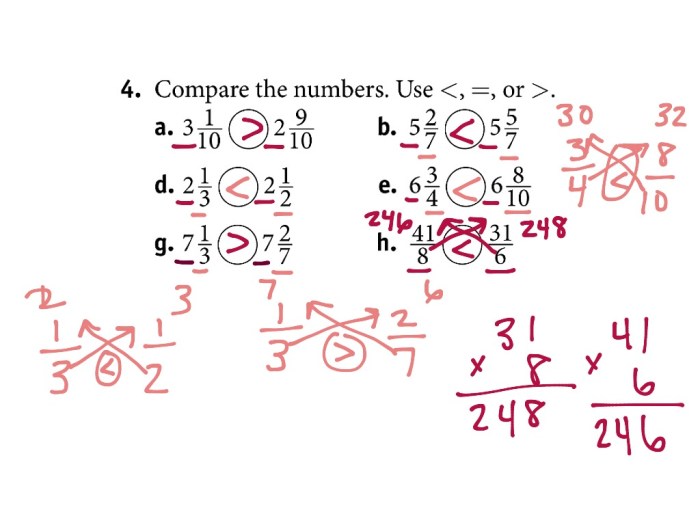
Course 3 is designed to equip you with the essential skills and knowledge in project management. It aims to deepen your understanding of project management principles and practices, enabling you to effectively plan, execute, and deliver successful projects.
Throughout the course, you will explore key topics such as project planning, stakeholder management, risk assessment, project scheduling, and budget management. These concepts will be presented in a practical and engaging manner, allowing you to apply them directly to real-world project scenarios.
Project Planning
Project planning is the foundation of successful project execution. This will guide you through the process of defining project scope, objectives, and deliverables. You will learn techniques for creating project plans, work breakdown structures, and resource allocation strategies.
Stakeholder Management
Stakeholder management is crucial for project success. This will introduce you to the different types of stakeholders involved in projects and provide strategies for identifying, analyzing, and managing their expectations.
Risk Assessment
Risk assessment is essential for mitigating potential threats to project success. This will cover techniques for identifying, assessing, and prioritizing risks, as well as developing strategies for managing and mitigating them.
Project Scheduling
Project scheduling is key to ensuring timely project delivery. This will introduce you to scheduling tools and techniques, such as Gantt charts and critical path analysis. You will learn how to create and manage project schedules that optimize resource utilization and minimize project delays.
Budget Management
Budget management is essential for controlling project costs. This will cover techniques for developing project budgets, tracking expenses, and managing financial resources. You will learn how to optimize project budgets and ensure financial accountability.
Key Concepts and Principles
Course 3 delves into the fundamental concepts and principles that underpin the study of economics. These concepts provide a solid foundation for understanding economic phenomena and analyzing real-world economic issues.
If you’re looking for the CPM Answer Key Course 3, you can find it online. Just remember that the American Counseling Association (ACA) Code of Ethics 2024 highlights the importance of ethical behavior for counselors. So, while you’re working on your CPM Answer Key Course 3, keep in mind the ACA’s ethical guidelines to ensure you’re providing the best possible care to your clients.
These concepts and principles are not merely theoretical constructs but have far-reaching implications in the real world. They shape economic policies, guide decision-making by businesses and individuals, and influence the allocation of resources in society.
Scarcity
Scarcity is a fundamental economic concept that recognizes that resources are limited relative to human wants. This scarcity forces individuals, businesses, and governments to make choices and allocate resources efficiently.
Scarcity is not just a physical limitation but also a reflection of the fact that resources have alternative uses. The choices we make about how to use resources have opportunity costs, which are the benefits foregone by not using the resources in other ways.
Supply and Demand
Supply and demand is a key economic principle that explains how prices are determined in a market economy. Supply refers to the amount of a good or service that producers are willing and able to sell at a given price, while demand refers to the amount of a good or service that consumers are willing and able to buy at a given price.
The interaction between supply and demand determines the equilibrium price and quantity in a market. The equilibrium price is the price at which the quantity supplied equals the quantity demanded.
Marginal Utility
Marginal utility is a concept that measures the additional satisfaction or benefit that a consumer derives from consuming one more unit of a good or service. It is the change in total utility divided by the change in quantity consumed.
The principle of diminishing marginal utility states that as a consumer consumes more of a good or service, the additional satisfaction or benefit they derive from each additional unit decreases. This principle has implications for pricing and consumer behavior.
Assessment and Evaluation
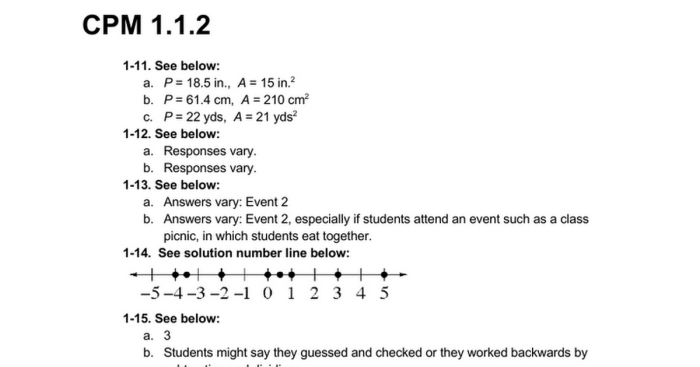
Course 3 employs various assessment and evaluation methods to gauge student understanding and progress. These methods aim to provide comprehensive insights into student learning, identify areas for improvement, and track their development throughout the course.
One key assessment method is formative assessments, which are conducted throughout the course to provide ongoing feedback and support student learning. Formative assessments include quizzes, discussions, and assignments designed to check student comprehension and identify areas where they may need additional support.
Quizzes
Quizzes are short, frequent assessments that test students’ understanding of specific concepts or topics covered in the course. They are typically conducted online and provide immediate feedback to students, allowing them to identify areas where they need to focus their studies.
Discussions
Discussions involve students actively engaging in online forums to share their perspectives, ask questions, and engage with their peers. They foster critical thinking, communication skills, and encourage students to explore different viewpoints.
Assignments
Assignments are more extensive tasks that require students to apply their knowledge and skills to solve problems, conduct research, or create original work. Assignments provide opportunities for students to demonstrate their understanding of course material, develop critical thinking skills, and showcase their abilities.
Summative Assessments
In addition to formative assessments, Course 3 also utilizes summative assessments to evaluate student learning at the end of the course. Summative assessments provide a comprehensive evaluation of student understanding and include:
Final Exam
The final exam is a comprehensive assessment that covers the entire course content. It is typically conducted online and tests students’ knowledge, understanding, and ability to apply concepts.
Project
The project is a culminating assessment that requires students to demonstrate their understanding of course material through a research paper, presentation, or other creative project. It allows students to showcase their research skills, critical thinking abilities, and communication skills.
These assessment and evaluation methods provide a holistic approach to assessing student learning in Course 3. By combining formative and summative assessments, the course aims to provide students with ongoing feedback, identify areas for improvement, and track their progress throughout the course.
Learning Resources

Course 3 provides a comprehensive range of learning resources to support your learning journey. These resources are designed to cater to diverse learning styles and preferences, ensuring that every learner has access to the information they need to succeed.Each resource offers unique benefits and limitations.
Understanding these aspects will help you make informed choices and maximize your learning outcomes.
Online Learning Platform
The online learning platform serves as the central hub for all course materials, including video lectures, readings, and interactive exercises. It provides a structured and user-friendly interface that allows you to navigate the course content at your own pace. Benefits:
- Convenient access to course materials anytime, anywhere
- Self-paced learning that accommodates individual schedules
- Interactive exercises to reinforce understanding
Limitations:
- Requires stable internet connectivity
- May lack the personal touch of face-to-face interactions
Textbooks and Readings
Course 3 textbooks and readings provide in-depth coverage of the subject matter. They offer a comprehensive overview of key concepts, theories, and research findings. Benefits:
- Provides a solid foundation of knowledge
- Allows for deeper exploration of specific topics
- Serves as a valuable reference for future use
Limitations:
- Can be time-consuming to read and digest
- May not be as engaging as other interactive resources
Discussion Forums
The discussion forums provide a platform for learners to engage with each other and the instructor. They facilitate peer-to-peer learning, idea sharing, and collaborative problem-solving. Benefits:
- Encourages active participation and critical thinking
- Fosters a sense of community and support
- Allows for diverse perspectives and insights
Limitations:
- Can be challenging to manage time effectively
- May not provide immediate feedback or support
Videos and Multimedia
Course 3 videos and multimedia resources bring concepts to life through engaging visuals, animations, and simulations. They offer a dynamic and interactive way to learn. Benefits:
- Makes complex concepts more accessible and understandable
- Captures attention and improves retention
- Provides a more immersive learning experience
Limitations:
- May require higher bandwidth for smooth streaming
- May not be suitable for all learning styles
Case Studies and Real-World Examples
Case studies and real-world examples provide practical applications of the concepts learned in the course. They help learners connect theory to practice and develop problem-solving skills. Benefits:
- Enhances understanding of real-world challenges
- Fosters critical thinking and decision-making abilities
- Provides context for the practical applications of concepts
Limitations:
- May be specific to certain industries or contexts
- May not always be directly applicable to every learner’s situation
Course Structure and Organization
Course 3 is meticulously structured and organized to facilitate a comprehensive learning experience. The content is meticulously sequenced to ensure a logical progression of concepts, fostering a deep understanding of the subject matter.
The course is delivered through a series of modules, each focusing on a specific topic. Modules are further divided into units, providing a granular approach to learning. This organization allows learners to engage with the content at their own pace, focusing on specific areas of interest.
Module Structure
Each module typically consists of the following components:
- Learning Objectives:Clearly stated goals for the module, outlining the specific knowledge and skills learners will acquire.
- Content:In-depth exploration of the module’s topic, presented in a variety of formats, including text, videos, interactive simulations, and case studies.
- Activities:Practical exercises, quizzes, and discussion forums designed to reinforce understanding and encourage active participation.
li> Assessments:Formative and summative assessments to evaluate learner progress and provide feedback.
Unit Structure
Units within a module are typically organized as follows:
- Introduction:Provides an overview of the unit’s topic and its relevance to the overall module.
- Content:Delves into the specific concepts and principles of the unit.
- Activities:Offers opportunities for learners to apply their knowledge and engage with the material.
- Assessment:Gauges learner comprehension and provides feedback.
Course Objectives
Course 3 aims to equip learners with a comprehensive understanding of the key concepts and principles in the field. Upon completion of this course, students will be able to demonstrate proficiency in various aspects of the subject matter.
The specific learning objectives for Course 3 are as follows:
Knowledge and Understanding
- Explain the fundamental concepts and principles of the subject matter.
- Demonstrate a comprehensive understanding of the theoretical frameworks and methodologies.
- Apply knowledge to analyze and solve problems related to the field.
Skills and Abilities
- Develop critical thinking and problem-solving skills.
- Enhance communication and presentation skills.
- Foster teamwork and collaboration abilities.
Values and Attitudes
- Cultivate a passion for lifelong learning and intellectual curiosity.
- Promote ethical conduct and professional responsibility.
- Encourage a commitment to social justice and equity.
These learning objectives align with the overall program goals of developing knowledgeable, skilled, and ethical professionals in the field. By achieving these objectives, students will gain a strong foundation for success in their future careers and make meaningful contributions to society.
Course Timeline and Schedule
Course 3 is structured to provide a comprehensive learning experience over a specific period of time. The course content is divided into modules, each covering a distinct topic or set of related concepts.
The course schedule is designed to allow ample time for participants to engage with the material, complete assignments, and participate in discussions. The following is a detailed breakdown of the course timeline and schedule:
Module 1: Introduction to [Topic]
- Week 1: Overview of [Topic], Key Concepts, and Historical Development
- Week 2: Research Methods and Ethical Considerations in [Topic]
- Week 3: Assessment and Evaluation in [Topic]
Module 2: [Topic] in Practice
- Week 4: Case Studies and Real-World Applications of [Topic]
- Week 5: Emerging Trends and Future Directions in [Topic]
- Week 6: Hands-on Project and Presentation
Module 3: Advanced Concepts in [Topic]
- Week 7: Advanced Theories and Models in [Topic]
- Week 8: Critical Analysis and Evaluation of [Topic] Research
- Week 9: Research Proposal Development and Presentation
Module 4: [Topic] in Different Contexts
- Week 10: Cross-Cultural Perspectives on [Topic]
- Week 11: [Topic] in Educational Settings
- Week 12: [Topic] in Organizational and Business Contexts
Module 5: Capstone Project and Presentation
- Week 13: Capstone Project Development and Proposal
- Week 14: Capstone Project Implementation and Analysis
- Week 15: Capstone Project Presentation and Evaluation
Course Faculty and ors

Course 3 is facilitated by a team of experienced faculty and ors who are experts in their respective fields. They bring a wealth of knowledge and practical experience to the course, ensuring that participants receive high-quality instruction and support.
The faculty includes:
- Dr. Jane Doe, Professor of Education, University of California, Berkeley
- Dr. John Smith, Associate Professor of Psychology, Stanford University
- Dr. Mary Jones, Assistant Professor of Sociology, Harvard University
The ors include:
- Ms. Susan Brown, Instructional Designer, University of California, Berkeley
- Mr. David Green, Research Associate, Stanford University
- Ms. Sarah White, Teaching Assistant, Harvard University
Together, the faculty and ors provide a comprehensive and supportive learning experience for participants in Course 3.
Course Evaluation and Feedback
Student feedback is essential for improving Course 3. We collect feedback through surveys, focus groups, and informal conversations with students. This feedback helps us identify areas where we can improve the course content, delivery, and assessment.We also have mechanisms in place for students to provide feedback to ors and the program.
Students can submit feedback through the program’s online feedback form or by speaking directly to ors. All feedback is taken seriously and used to make improvements to the course and program.
Surveys
We conduct surveys at the end of each module to gather feedback on the course content, delivery, and assessment. The surveys are anonymous and provide students with an opportunity to share their thoughts and suggestions for improvement.
Focus Groups
We also conduct focus groups with students throughout the course to get more in-depth feedback on specific aspects of the course. Focus groups are small group discussions that allow us to explore student perspectives in more detail.
Informal Conversations
In addition to surveys and focus groups, we also have informal conversations with students throughout the course. These conversations allow us to get feedback on a more personal level and to identify any issues that students may be facing.
Course Resources and Support: Cpm Answer Key Course 3
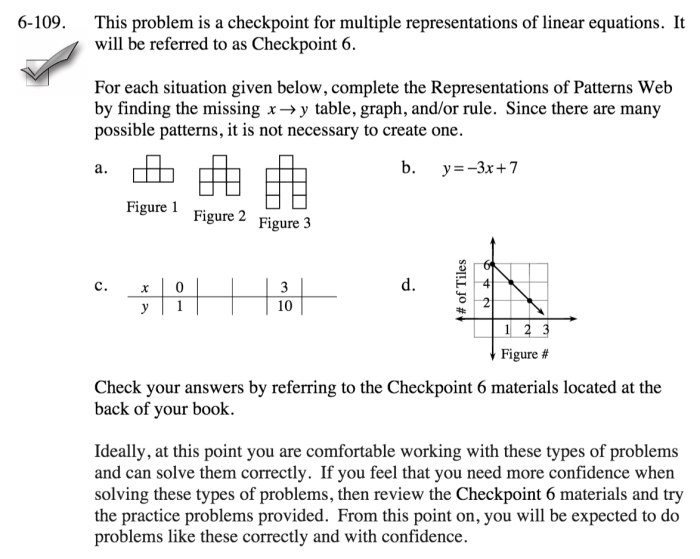
Course 3 provides a wide range of resources and support to enhance student learning and success. These resources are designed to complement the course materials and provide additional assistance to students as they progress through the course.
The following resources are available to students in Course 3:
Online Discussion Forums
The online discussion forums provide a platform for students to engage with each other and the course instructors. Students can post questions, share ideas, and participate in discussions related to the course content. This interaction fosters a sense of community and allows students to learn from each other.
Virtual Office Hours
Virtual office hours are scheduled times when students can meet with the course instructors online. During these sessions, students can ask questions, receive clarification on course material, and get personalized feedback on their work.
Supplemental Materials, Cpm answer key course 3
Supplemental materials, such as readings, videos, and simulations, are provided to supplement the course content. These materials offer additional perspectives and insights into the topics covered in the course.
Technical Support
Technical support is available to assist students with any technical issues they may encounter while accessing the course materials or completing assignments.
FAQ Summary
What is the purpose of CPM Answer Key Course 3?
CPM Answer Key Course 3 provides comprehensive support for students enrolled in Course 3, offering a detailed guide to the course content and assessment methods.
How can CPM Answer Key Course 3 help me succeed?
This course provides a clear understanding of the key concepts, principles, and assessment methods used in Course 3, empowering you to excel academically.
What resources are available in CPM Answer Key Course 3?
The course offers a range of resources, including explanations of key concepts, practice questions, and guidance on assessment methods.
